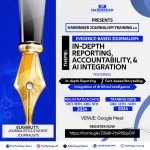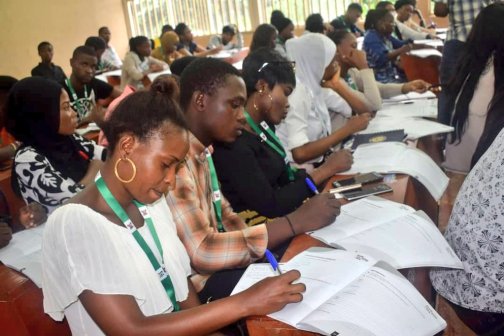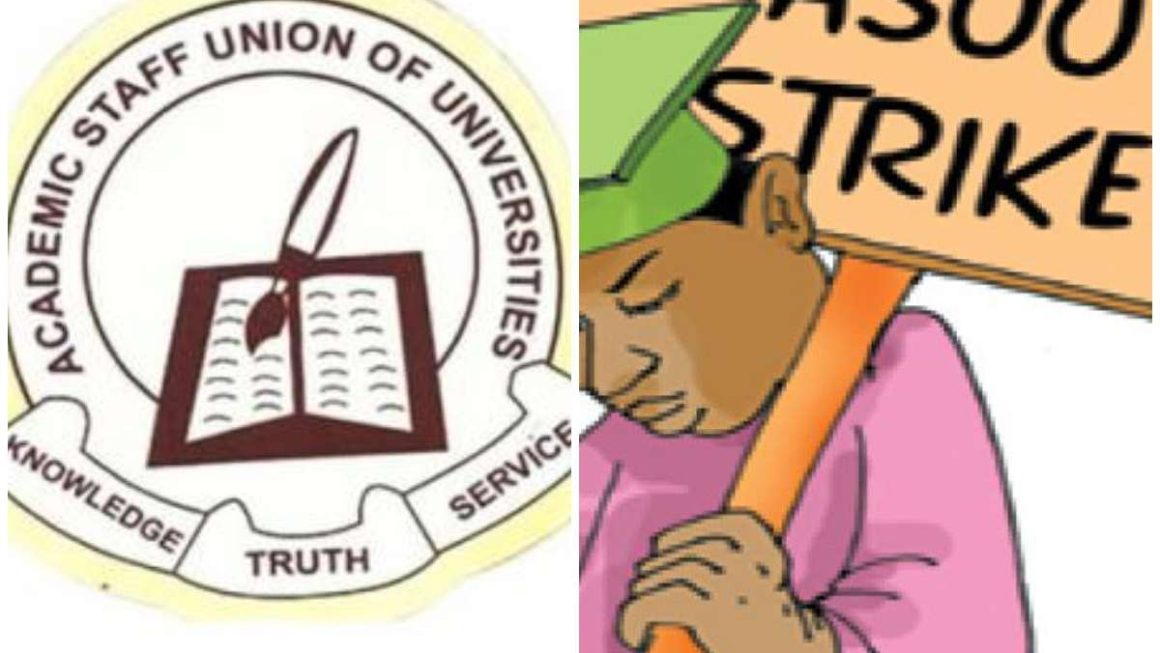Nigerian students often find themselves excelling within the classroom setting but facing challenges when it comes to practical real-world applications.
This perplexing phenomenon begs the question: why do many Nigerian students pass in class but fail on the field? In this article, we delve into the factors contributing to this trend and provide insights into how students can bridge the gap between theoretical knowledge and practical skills.
Rote Learning vs. Critical Thinking:
One major contributor to this discrepancy is the emphasis on rote learning within the Nigerian education system. Students often memorize information to pass exams without fully comprehending the concepts. This approach can hinder their ability to think critically and apply knowledge creatively in real-world situations.
Outdated Curriculum
The curriculum in many Nigerian educational institutions might not always align with the rapidly evolving industries and technologies. As a result, students may possess theoretical knowledge but lack the relevant practical skills required by employers.
Limited Hands-On Experience
Many students have limited access to hands-on experiences and internships that allow them to apply classroom knowledge in real-world scenarios. Practical exposure is essential for translating theoretical concepts into practical skills.
Lack of Soft Skills
Soft skills such as communication, problem-solving, teamwork, and adaptability are often overlooked in traditional education. These skills are crucial for success in various professions and real-world situations.
Exam-Centric Evaluation
Nigerian education tends to prioritize exam results as the primary measure of success. This focus may inadvertently discourage students from exploring practical applications and acquiring holistic skills
Insufficient Practical Assessments
Limited opportunities for practical assessments mean that students might not be adequately tested on their ability to apply theoretical knowledge. Incorporating more hands-on projects and assessments could bridge the gap between theory and practice.
Societal Pressure and Expectations
Societal pressures to excel academically can discourage students from pursuing non-traditional career paths that require practical skills. This pressure may lead students to prioritize academic success over skill development.
Bridging the Gap
To address this issue, educators, policymakers, and students themselves must work together. Schools can update curricula to include practical components, encourage project-based learning, and promote critical thinking. Students can seek internships, participate in workshops, and develop soft skills through extracurricular activities.
Bridging the Gap Between Classroom and Real-World Success
Modernizing the Curriculum
Updating the curriculum to reflect current industry trends and technological advancements is essential. Introducing practical modules, case studies, and real-world projects can enable students to apply theoretical concepts to practical scenarios.
Emphasizing Project-Based Learning
Encouraging project-based learning fosters creativity, critical thinking, and problem-solving skills. Students can collaborate on projects that require them to tackle real-world challenges, preparing them for practical situations.
Integrating Technology
Leveraging technology in education can facilitate interactive learning experiences. Virtual simulations, online labs, and e-learning platforms can bridge the gap between theory and practice.
Promoting Internships and Workshops
Creating partnerships with industries and offering internships, workshops, and seminars can provide students with hands-on experience. These opportunities allow them to apply classroom knowledge in professional settings.
Developing Soft Skills
Educational institutions should prioritize the development of soft skills through workshops, seminars, and extracurricular activities. Effective communication, teamwork, adaptability, and problem-solving are crucial for success in any field.
Assessing Practical Skills
Incorporating practical assessments alongside traditional exams ensures that students are evaluated on their ability to apply knowledge. Practical assessments could include presentations, projects, and demonstrations.
Fostering a Growth Mindset
Encouraging a growth mindset helps students embrace challenges and failures as opportunities for learning. This mindset shift can motivate them to explore beyond their comfort zones and acquire new skills.
Parental Engagement
Educating parents about the importance of practical skills and soft skills can lead to more supportive attitudes. Parents can play a role in guiding their children’s career choices based on interests and strengths.
Professional Development for Educators
Teachers should receive training on modern teaching methods that emphasize practical application and critical thinking. Continuous professional development ensures they can effectively bridge the gap between theory and practice.
Promoting Alternative Career Paths
Diversifying the perception of success beyond traditional professions can reduce societal pressure on students. Encouraging entrepreneurship, vocational training, and non-traditional career paths can lead to well-rounded individuals.












